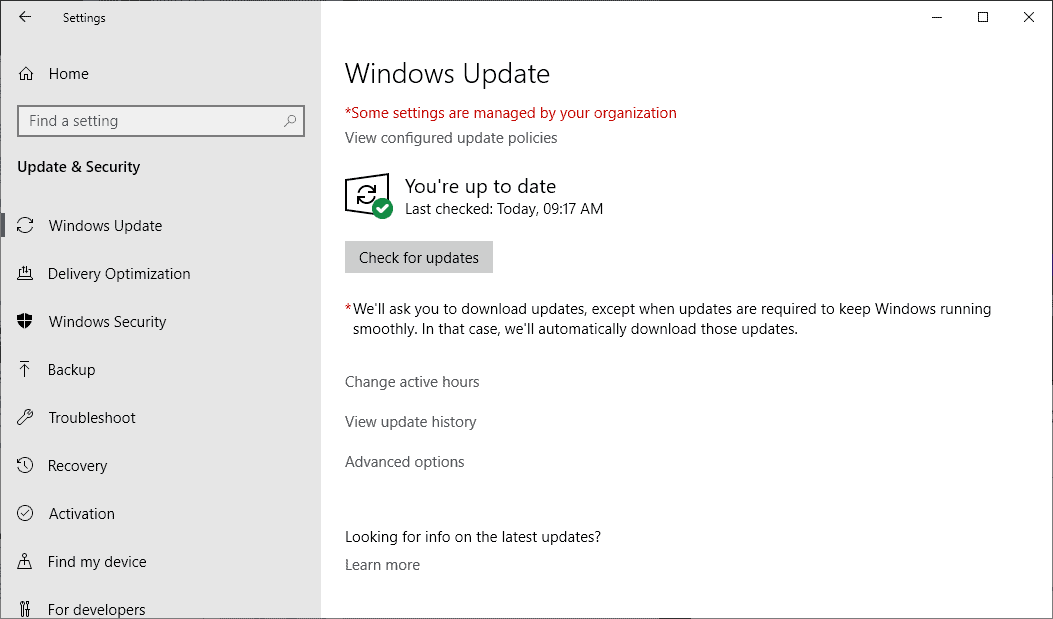


This study called the Study to Explore Early Development (SEED), was designed to look at the risk factors and behaviors related with ASD. Having certain genetic or chromosomal conditions, such as fragile X syndrome or tuberous sclerosisĬDC is currently working on one of the largest U.S.There are many different factors that have been identified that may make a child more likely to have ASD, including environmental, biologic, and genetic factors.Īlthough we know little about specific causes, the available evidence suggests that the following may put children at greater risk for developing ASD: Learn about treating the symptoms of ASD » Risk Factors 2 Treatment plans usually involve multiple professionals and are catered to the individual. Learn more about screening and diagnosis of ASD » TreatmentĬurrent treatments for ASD seek to reduce symptoms that interfere with daily functioning and quality of life. ASD affects each person differently, meaning that people with ASD have unique strengths and challenges and different treatment needs. This delay means that people with ASD might not get the early help they need. Some people are not diagnosed until they are adolescents or adults. 1 However, many children do not receive a final diagnosis until they are much older.
ANOTHER WORD FOR REASON PROFESSIONAL
By age 2, a diagnosis by an experienced professional can be considered reliable. ASD can sometimes be detected at 18 months of age or younger. Doctors look at the child’s behavior and development to make a diagnosis. Learn more about signs and symptoms of ASD »ĭiagnosing ASD can be difficult since there is no medical test, like a blood test, to diagnose the disorder. For people with ASD, these characteristics can make life very challenging.

It is important to note that some people without ASD might also have some of these symptoms. People with ASD may also have different ways of learning, moving, or paying attention. People with ASD often have problems with social communication and interaction, and restricted or repetitive behaviors or interests. They may come to the attention of healthcare providers because they also have conditions such as anxiety, depression, or attention-deficit/hyperactivity disorder, which occur more often in people with ASD than in people without ASD. Some children with ASD gain new skills and meet developmental milestones until around 18 to 24 months of age, and then they stop gaining new skills or lose the skills they once had.Īs children with ASD become adolescents and young adults, they may have difficulties developing and maintaining friendships, communicating with peers and adults, or understanding what behaviors are expected in school or on the job. In others, symptoms may not show up until 24 months of age or later. Some children show ASD symptoms within the first 12 months of life. Some people with ASD need a lot of help in their daily lives others can work and live with little to no support.ĪSD begins before the age of 3 years and can last throughout a person’s life, although symptoms may improve over time. For example, some people with ASD may have advanced conversation skills whereas others may be nonverbal. The abilities of people with ASD can vary significantly. There is often nothing about how they look that sets them apart from other people. People with ASD may behave, communicate, interact, and learn in ways that are different from most other people.

We still have much to learn about these causes and how they impact people with ASD. Scientists believe there are multiple causes of ASD that act together to change the most common ways people develop. Some people with ASD have a known difference, such as a genetic condition. Autism spectrum disorder (ASD) is a developmental disability caused by differences in the brain.


 0 kommentar(er)
0 kommentar(er)
